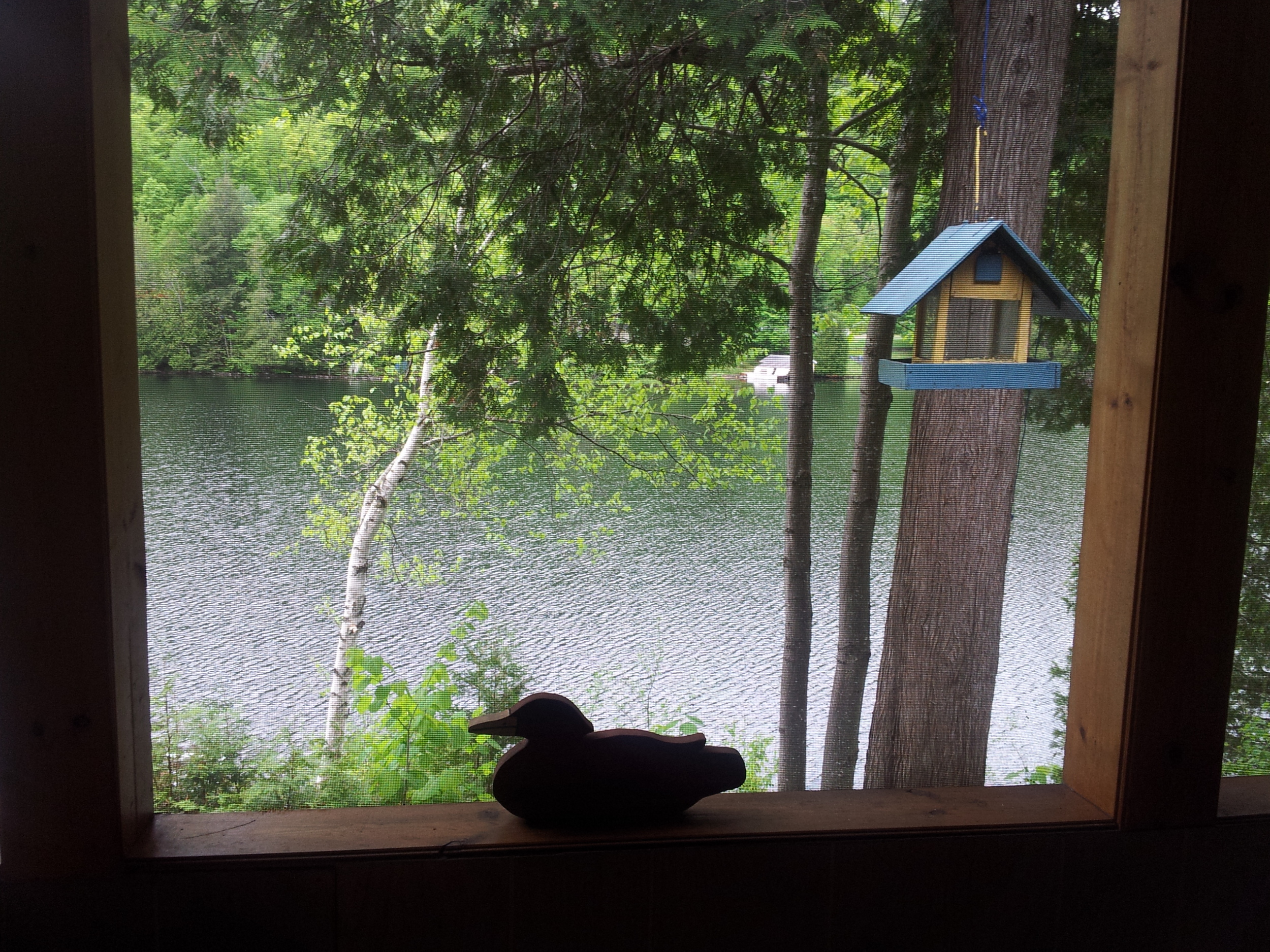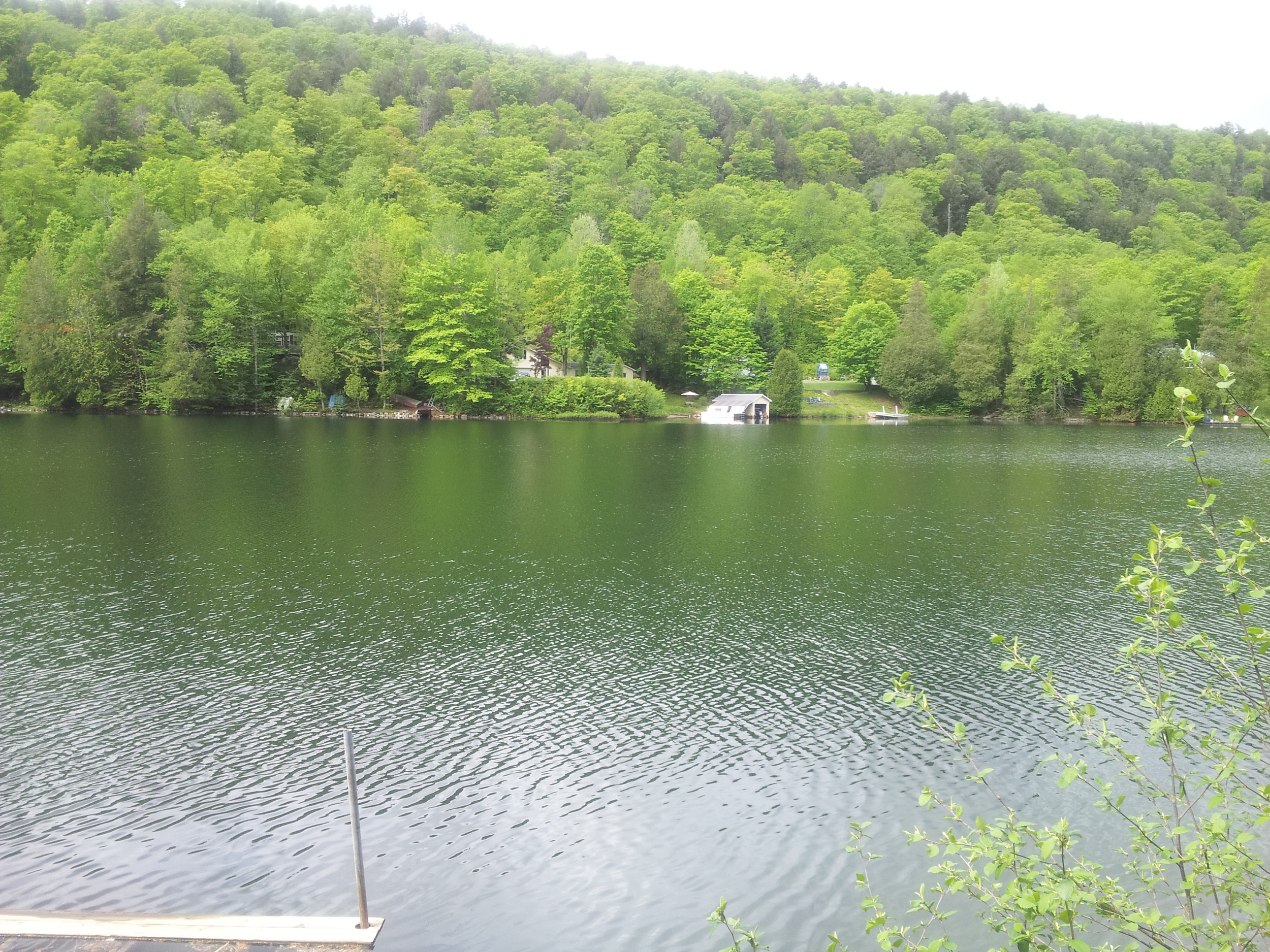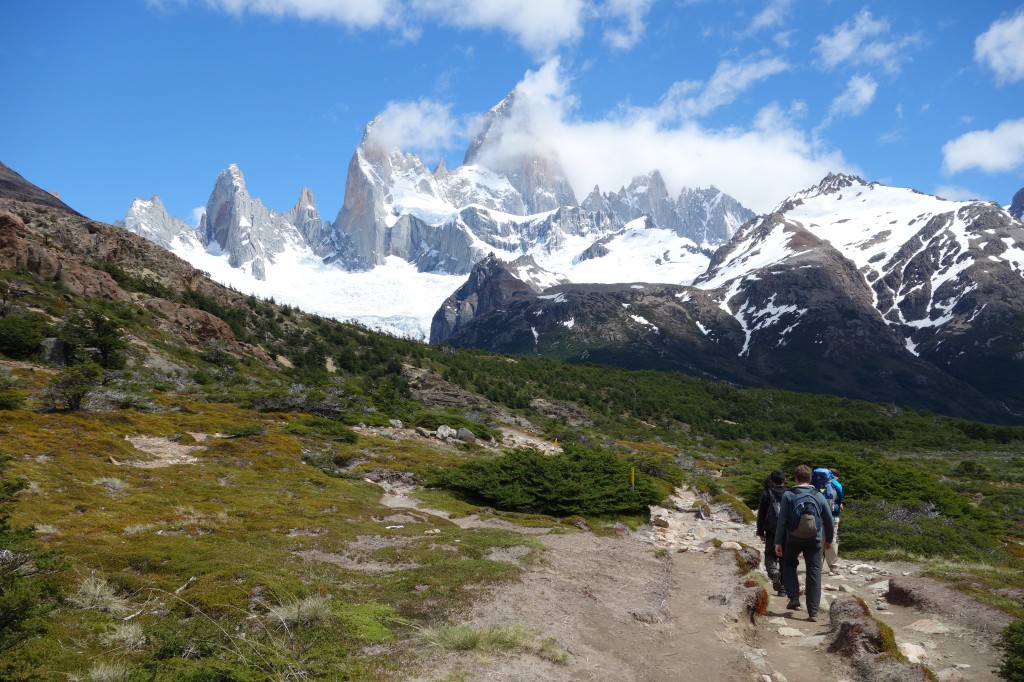Fire in the City
/By Tanya Shukalova
I could never remember the numbers for cab companies, not even in my own city. Since it was only my second day visiting Toronto, and my first time ever being in Mississauga, I was helpless when it came to cab numbers. I remembered that I had written one of them down in my phone, so I called Blue & White Taxi and waited at the foot of the apartment building. I stuttered when I gave them the address because I had forgotten it as well. He had already left for his basketball game and I was going to meet him there in an hour or so. When I asked why he had to leave two hours before the game even started, he told me it was because they had to practice and warm up and stuff. I guess I hadn’t thought of that.
It was July and it was one of those nights where I could feel the warmth of the air embracing me. It kissed my bare skin in a way that made me feel heat from within. It felt like I was glowing. I watched the traffic go by steadily in front of me as I waited. Even though it was already dark, and a breeze rolled along the road with the cars, I could still feel the heat.
I glanced back at the building, out of boredom and impatience; it was about 10 stories high, and a reddish-brown colour. Each apartment had a balcony and there were trees and shrubbery all around the building. I remembered his room, inside, one wooden wall facing his bed. His many pairs of shoes and watches scattered on the carpeted floor.
By the time the cab finally arrived, I started to think he had gotten lost or forgotten about me. The driver looked up at me from his seat, raised his eyebrows, and waved but didn’t smile. I got in and verified that I was the one that had called for him. I preferred to sit in the back seat because I learned that if you sit in the passenger’s seat, the drivers are more likely to hit on you. I gave him my friend Bethany’s address, who I was staying with, and he entered it into his GPS. He took about five minutes entering the correct coordinates and mapping out the longest route to take, probably noticing I was a tourist.
We pulled away from the apartment building and I couldn’t help but stare back at it as we drove off; as if I had left a piece of myself there, tucked away in his room.
I thought back to when I first saw him earlier that day, when I pulled up to the same building in a different cab. I had waited outside for what seemed like forever for him to come out and let me in. We had been talking online for about a month before that day and since I was visiting some friends in his area, we arranged to meet. His pictures and attitude online didn’t impress me much but when he finally came out of the doors of that apartment building, wearing just sweats, a hoodie and a toque, I was taken aback. I had planned what I was going to say when I first saw him, making some smart-ass comment but that went out the window when he looked at me.
He was tall but not too tall, 6’1 to be exact. He had dark, smooth skin and a short goatee around his large lips. The baggy attire hid the strong muscles I knew he had underneath. He looked like he rolled out of bed moments before, but I had never seen anyone more attractive.
Mississauga didn’t disappoint me. Coming from a tiny town full of old people in rest homes, I enjoyed being around highways and tall buildings and traffic. We rolled past more apartment buildings, a few houses, stores and gas stations. Before I knew it, we were approaching the highway.
I couldn’t help zoning out and thinking about him. It’s happened to me before, whenever something good happens and I have a moment to myself to think. I fed off the memory quietly, going over every little detail of what had happened. It was as if someone had placed a delicious meal in front of me and I had feasted on it hungrily, still savouring every bite.
I thought about us going to the Square One Shopping Centre to hang out for a bit and him asking me if it was okay for him to go in his sweats or if I wanted him to change; that awful music that he played on the scratched CD his friend gave him that he rapped along to; how it was still stuck in my head that very moment; his horrible, cheesy dance moves; how he stared at me when his eyes should have been on the road, and I told him to stop because it made me nervous. My cheeks flushed and I looked out the window. I thought about how we walked around that mall for an hour without entering one single store. We talked and made laps around the building. I thought about the drive back from the mall, when we sat at a stop light. He looked at me and smirked. It melted my heart. So I leaned over and kissed him. I remembered him smiling wide and saying, “You like me, admit it.” I refused.
The highway was somewhat busy that night; it was a Friday. I took out my phone to tell Bethany that I would be out for the night and noticed he had sent me a text. “Promise you’ll be at the game, baby?”
The radio was on in the cab and Beyoncé’s voice subdued me into a state that felt like a dream. There were expensive cars zooming by me, all glimmering with the reflection of the street lamps and brake lights. We switched from lane to lane to pass cars and I felt good being farthest from the exit lane. I rolled my window down and stared out at the world. The air was heavy that night, the kind of air that makes you feel as if you are walking underwater. Everything was a shade of deep sea blue, like we were all fish on the ocean floor, swimming along our paths in a watery world.
I was captivated by the lights. I could see Toronto in the distance and the city radiated up into the sky. It looked, from where I was, like the city was made of gold. The gold gleamed into the night and I felt my eyes reflecting its light before I sat back and closed them.
His face appeared out of the dark. We laid in his bed for hours, talking. Not about anything in particular, just life. We joked, pushed, cuddled, laughed. I got fake-mad at him at one point and he got me to kiss him to make it better.
I remember sitting on his lap, facing him, with my legs wrapped around his waist. It was dark in his room and a breeze floated through the window. I could feel the heat of his chest against mine. The light from a street lamp outside the window highlighted the shadows of his strong features. His skin glistened in the orange light and it made every muscle look bigger.
“I know you want me.” He said to me.
Neither of us moved.
“No. Why would you say that?”
“Your body’s shaking.” His voice was just loud enough for me to hear.
As much as I had tried to deny it, my body gave me away. I felt betrayed but relieved at the same time. There was no point in hiding it if he already knew.
I slowly opened my eyes, and was glad to see that we were still on the high way. It was a 15 minute drive between his apartment and Bethany’s house. I could see the tops of buildings as we passed them and gradually, there were more and more buildings that grew taller and taller. The driver must have noticed that I was in a serene state because he hadn’t said a word since we got on the highway.
The cab glided smoothly over the paved roads and made turns here and there, making me feel as if I was being rocked to sleep in a crib. The stars were scattered across the sky and twinkled to one another. I felt at peace for the first time in a very long time; or possibly just the first time. I knew it would break my heart when this moment ended.
A faint smile rested on my lips and I took a deep breath. Fresh night air filled my lungs and I exhaled any negativity I had. In that moment, I was just a speck of light flowing through space. I was light, airy, almost invisible. My body had no weight. Even better, my mind had no weight. There was no worry of schoolwork, or debts, or family problems, or of returning to my shitty job as soon as I got back from Toronto. I was just a speck drifting on the Earth’s surface. Everything moved around me in slow motion. I felt the wind caress my cheeks and the little hairs from my bangs tickled my forehead. The smile remained on my face.
In that moment, everything was alright.
We turned off the highway and through different neighbourhoods until the cab reached my friend’s house. I knew she was waiting inside for me and would want to hear everything about how my afternoon went before I left for his game. I paid for the cab, more than I would have liked, and walked up the driveway.



































